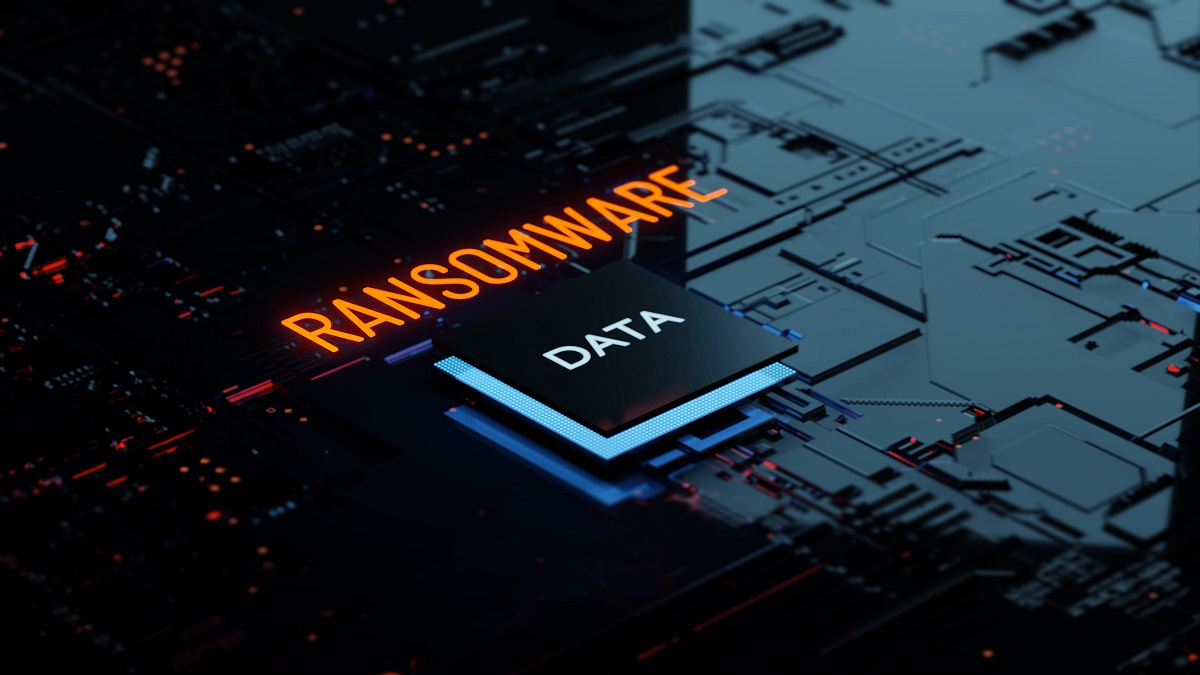Since the start of the pandemic, there has been much disruption in some industries. Many businesses have been challenged during the pandemic as a result of the difficulty of managing cyber and data security. Data breaches relating to remote workers and hacking of corporations continue to escalate at an alarming rate, require prompt response to mitigate the fallout.
There have been several significant shifts in the ways that businesses operate and their reliance on digital systems. Many businesses moved to a largely remote working model. Some have had to focus more on online activities in order to keep their brands active and visible. Businesses in a number of industries began to deliver products and services online for the first time. Meanwhile, those that already existed in online spaces saw an increase in business. All of these changes have meant that various security issues have arisen and become more prominent for businesses everywhere.
Increase in corporate data breaches
Cybercriminals have been taking advantage of the unprecedented circumstances caused by the pandemic, exploiting the vulnerabilities of businesses everywhere. Verizon carried out a recent study called ‘Analyzing the COVID-19 data breach landscape‘, which looks at 36 confirmed data breaches that were directly related to the pandemic. In addition, there was 474 data breaches between March and June 2020. Using this data, they determined that many cybercriminals were using the same methods to obtain data as before the pandemic while exploiting the disruption experienced by many businesses.
Remote Teleworkers facing cyber attacks threatening corporate security
One way in which corporate data breaches have been impacted by the pandemic is through increased use of ransomware. Seven of the nine malware incidents from Verizon’s 36 COVID-19 data breach cases demonstrated a spike in ransomware usage. Another change is in the way that criminals use phishing emails to play on the emotions of users. In a time when stress is high and mental health problems have increased, many people are more susceptible to phishing emails. Phishing was already a popular and often successful form of cyber attack before and even more so now.
Cost of data breaches for companies hit a record high in 2021
The cost of a data breach also hit a record high during the pandemic, according to IBM Security. They revealed the results of a global study showing the average cost of data breaches for companies surveyed was $4.24 million per incident. This is a 10% increase from the previous year. When remote work was a factor in the breach, data breaches cost an average of $1 million more. Stolen user credentials were the most common cause of data breaches. However, the study also showed the use of methods such as AI, security analytics, and encryption helped to reduce costs.
The COVID-19 pandemic has affected corporate data breaches due to a number of shifts in the way businesses are working, user behavior, and more. It’s vital for companies to take the right steps to prevent breaches and protect themselves.
If your company recently fell victim to a cyber attack, such as ransomware, or suspected data exfiltration by an unknown hacker, call Enigma Forensics today. We offer emergency incident response services and can help preserve available data, identify the origins of the attacker, and assist with the restoration of company services. Our experts have experience testifying and helping to mitigate risk and maximize your potential of recovering damages and lost data. Call us today at 312-668-0333 for a complimentary consultation.




